
It doesn’t take that much military science savvy to look back at Vietnam and decide LBJ was either an incompetent buffoon, or acting on behalf of someone who wanted to give a sterroid shot to the military-industrial complex without actually “halting the spread of Communism” (but simultaneously using that as the excuse).
What a lot of people assume is that, had JFK not been assassinated, Vietnam would have turned out much differently—maybe he would have never even sent combat troops. I used to go along with this assumption.
Now I believe differently.
When you look at the Bay of Pigs debacle honestly and in detail, it’s easy to identify the same kind of decision making that guided our involvement in Vietnam.

Originally the plan to oust Castro from Cuba involved a quiet infiltration in an area where, should the infiltration be discovered, the anti-Castro forces could easily slip into the mountains, from which they could conduct guerrilla operations. This site was also in close proximity to an area with a large population of anti-Castro Cubans who would likely join the guerrillas as they became aware of a resistance movement. In fact, guerrillas were already hiding in the mountains, but without the arms and supplies needed to pose much of a threat to the new dictator.
This plan had a high probability of success, and with little chance of exposure of US involvement. But for some unspecified reason, the plan was radically altered to a WWII-style amphibious assault. And the location chosen for the landing was a beach closer to Castro’s center of power, where the dictator could quickly deploy enough units from his army–including heavy armor–to smash the 1500-man invasion force. The landing area was wedged between the ocean and an unnavigable swamp.

In other words, it was a near-perfect trap. And probability of success had been reduced to less than ten percent.
With this shift to a conventional amphibious invasion by unconventional forces (a recipe for disaster perhaps all by itself), success for the initial stage of the operation would be impossible without complete air superiority. All of Castro’s combat aircraft had to be destroyed on the ground prior to the invasion for there to be any chance for “Brigade 2506” to fight its way out of the Bay of Pigs. Not only that, but they would need their own air cover when Castro’s tanks blocked the only causeways from the landing area through the swamps.
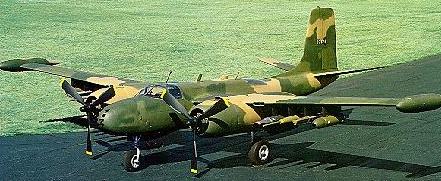
The CIA had trained pilots to fly a squadron of old WWII surplus B-26 bombers to provide the air support needed for the invasion. The entire operation now hinged on the preemptive bombing. So Kennedy reduced the number of bombers to four and limited the targets that could be engaged. Why? Because applying the necessary force for success would be “too noisy” (high profile).
It’s plain to see that, going in, Kennedy was more concerned with the image of his administration than with achieving victory. He also forbid US commanders to support Brigado 2506 with any of the considerable air or naval assets the US had in-theater.

Kennedy’s ludicrous rationale was nothing short of Johnsonesque: The ships transporting the free Cubans were escorted by a flotilla of American destroyers, cruisers, battleships and aircraft carriers. Yet by forbidding those warships to fire a shot Kennedy believed the ships would magically turn invisible and therefore not implicate US involvement?
The only feasible way to keep the operation low-profile with plausible deniability, yet with any hope of success, would have been to stick with the original plan of quiet infiltration.

The Bay of Pigs plan was not one to approve if you truly wanted to stay low-profile. But it was the plan—especially once Kennedy began tampering with it—to sabotage a Cuban-led liberation and ensure there would never again be a serious American effort to oust the Communists on our back door.
There was just too much insanity in too many aspects on too many levels to address in a blog post, but the intelligence failure is noteworthy. About 17 years before this, the greatest amphibious invasion ever attempted, by the greatest armada the world had ever seen, was planned, staged, and executed. Multiple armies from three nations were landed, achieving the element of surprise. Despite the months of planning and the number of people in on the secret, and highly motivated German spies working tirelessly to discover its timing and location, Operation Overlord maintained OPSEC (operational security).
But this little podunk covert op involving not even a full strength brigade–much less a division–was compromised before ever being greenlighted. No less than the New York Times warned the Cubans, Soviets, and the rest of the world about the mission while Brigada 2506 was still training in Guatemala. Other Communist assets filled in the details of the operation for Castro so completely that just prior to the invasion he knew exactly where to find his would-be assassin. (This would be the first of many alleged CIA-backed assassination attempts on Castro so inept as to be suspect.)
Despite the mission being compromised in the preparation stage, JFK said go. The four B-26s attempted the preemptive strike on Castro’s air force. At least three of Castro’s warplanes were relocated to other airfields just prior to the raid, and survived.
Instead of landing on an invasion beach, the landing craft carried Brigado 2506 into a rocky deathtrap where coral reefs ripped open their hulls. Those not injured or killed had to swim, then wade, ashore, losing most of their equipment and ammunition before their feet even touched land. Only a lucky few were on boats that made it to shore intact.
Kennedy cancelled B-26 airstrikes after only two. He was told some of the Cuban warplanes were still operational, but he refused to budge. The logic being, one must assume, that the first two bombings must have gone unnoticed (explosions being so quiet and stealthy, you see), but a third airstrike might tip off the world that something was happening in Cuba.
Incredibly, the bulk of the Brigade’s supplies and ammunition were loaded on a freighter that also carried the troops. One of those Cuban planes, saved from the air strikes, bombed the ship and sank it.

Castro’s forces were ready for Brigado 2506. Mortars and heavy Soviet artillery moved up to cover the only avenues out of the swamp, and tanks were on the way.
Outnumbered 20-to-1, with no food or water, no air cover, and trapped on a pathetic excuse of a beachhead by an enemy with artillery, armor, and fighter-bombers, who knew as much about the invasion as the invaders did, Brigado 2506 managed to fight on for three days before running out of ammo.

American commanders pleaded desperately for permission to lend support from the moment the crap hit the fan, but the fix was in. Kennedy did finally approve one sortie to intercept a Cuban T-33, but at a time when Castro’s planes were refueling/rearming inland, and not present to engage.
In trying to “keep a low profile” for the operation, JFK guaranteed the exposure and national embarrassment he supposedly wanted to avoid. And of course he doomed the people of Cuba to Communist rule, and the Cuban freedom fighters to death or capture. JFK’s reputation was only tarnished briefly, as the news media had built his public image back up within a year.
Obviously he still managed to piss somebody off, and theories abound as to how, who, and why. I have problems with all of them. Most of all with the official story casting Lee Harvey Oswald as the deranged culprit acting alone.
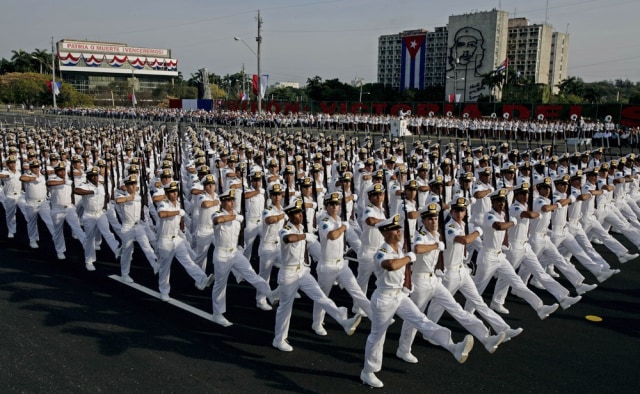
Linked below are a couple books I’ve not yet read, but are rare in that they don’t appear to come from the typical anti-American/JFK apologist cookie cutter. Might be worth a look.




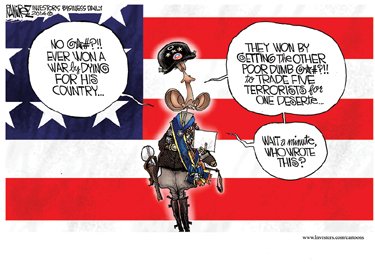
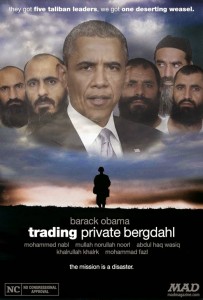
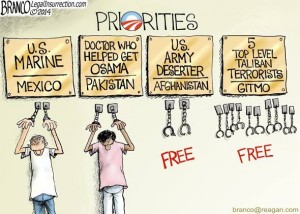

 But Stachel is a little too eager to distinguish himself. He sets his sights on winning the Blue Max, which requires 20 confirmed kills. His cold, dogged pursuit of this goal is, frankly, similar to that of a hardcorps gamer trying to get the high score/next level on a videogame–only dealing out death to real live human beings, of course, instead of A.I. generated digital targets.
But Stachel is a little too eager to distinguish himself. He sets his sights on winning the Blue Max, which requires 20 confirmed kills. His cold, dogged pursuit of this goal is, frankly, similar to that of a hardcorps gamer trying to get the high score/next level on a videogame–only dealing out death to real live human beings, of course, instead of A.I. generated digital targets.

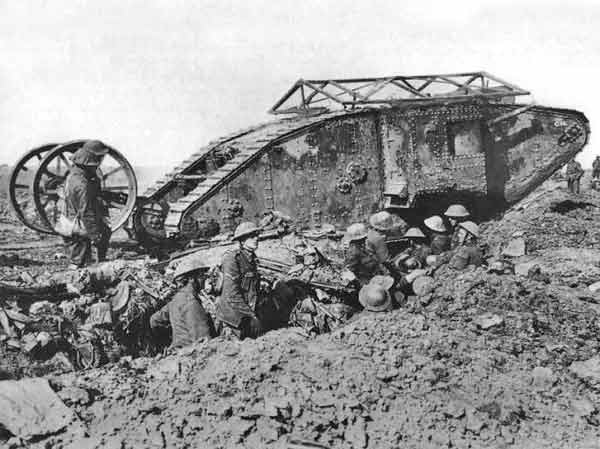

 Enter globalist puppet Woodrow Wilson, who saw this epic crisis as an opportunity to bring about a League of Nations–the first overt attempt in modern history to establish world government. After campaigning in 1916 on the slogan “He kept us out of war!” (as if there were any reason to entangle the USA in that European conflict) he stepped up his efforts to get us into war.
Enter globalist puppet Woodrow Wilson, who saw this epic crisis as an opportunity to bring about a League of Nations–the first overt attempt in modern history to establish world government. After campaigning in 1916 on the slogan “He kept us out of war!” (as if there were any reason to entangle the USA in that European conflict) he stepped up his efforts to get us into war.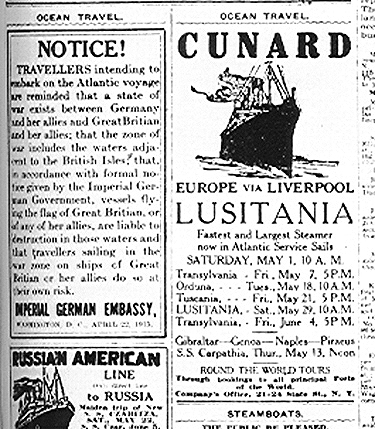 Duh.
Duh.